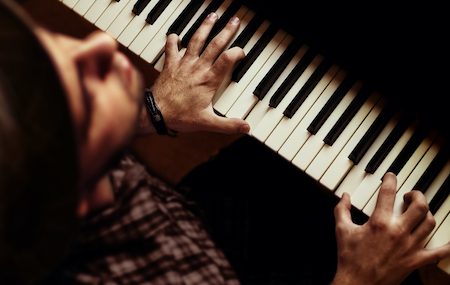A piano is a piano, right? If you’re a concert pianist, you know that statement isn’t true.
Because every piano is created in a different manner. Every piano has its own voice. And to play a piano that has a deep, rich sound perfect for your ears, that makes playing it that much more enjoyable.
As a pianist grows in capability, chances are they play on a variety of instruments. They become more experienced at what makes a great piano, and what doesn’t.
Performance pianos are often purchased for commercial settings – a concert hall, a church, or a school. Occasionally they are purchased for home use too, especially if the homeowner is a professional.
While the average person might not be able to tell the subtle differences between pianos, a true professional will. And when it comes to buying, they usually have a preference in mind.
Start there. Start with brands, makes, or models you desire. Then pay attention to what’s available in your market. If you have several on the table, eliminate the least powerful.
A piano is all about self expression. It’s about creating the right sound for you and your audience.
In the end, it’s a personal choice.
Evaluate every instrument you are considering for:
Power – a piano is one of the most powerful instruments in an orchestra. It commands attention no matter what the size of the hall. Be sure it projects that power outward, and can sound good in its final location.
Tone – tonal quality is all about pitch, timbre, sustain, and volume. This is about the sound the piano creates internally, and how it projects that sound out.
Action – you can’t just purchase a piano off the internet. You have to sit down and play them. Because pianos are ever-changing, you can’t assume a piano today will remain in the same condition. It changes over time. But it should feel and sound natural, especially to the person playing it. It can be adjusted over time to create different sounds, but playing it will help the pianist feel the music it can create.
Performance pianos should be acclimated to its final resting point, whether in a concert hall or in your home. Once it’s been inside for a few days, a tuner can ensure it’s properly regulated. Also, keep in mind that different people may be playing it, and have different ideas on how it should sound. We recommend acclimating it extensively, giving everyone a chance to play it and voice their opinions.
That will help you create a piano that’s right for its location, for years into the future.


